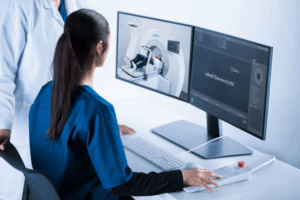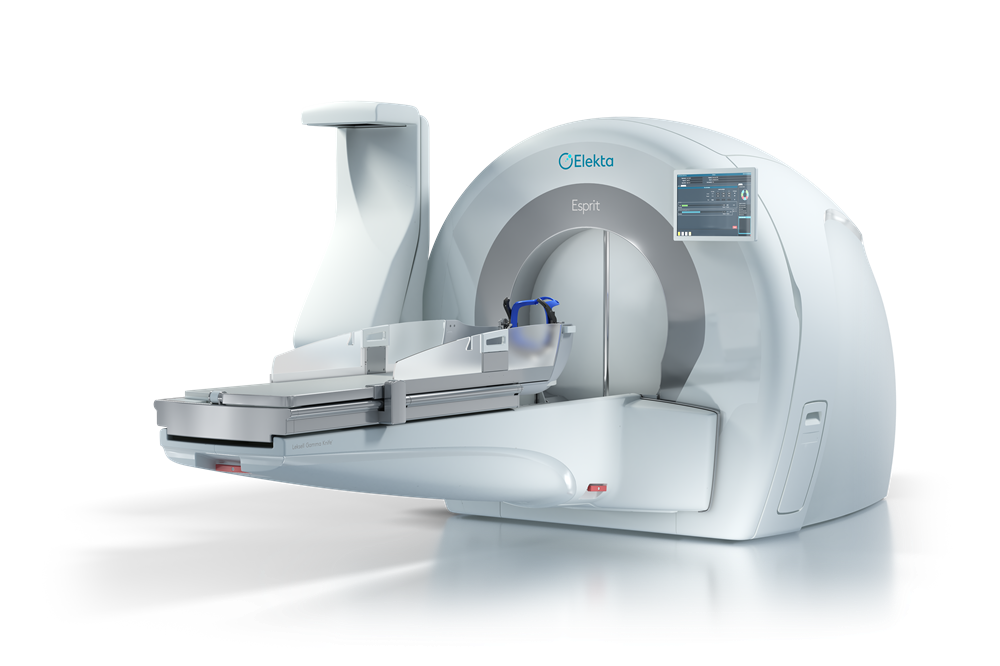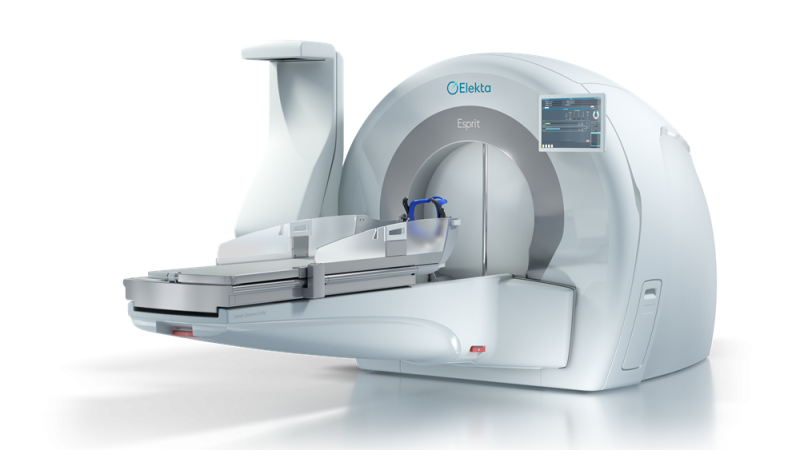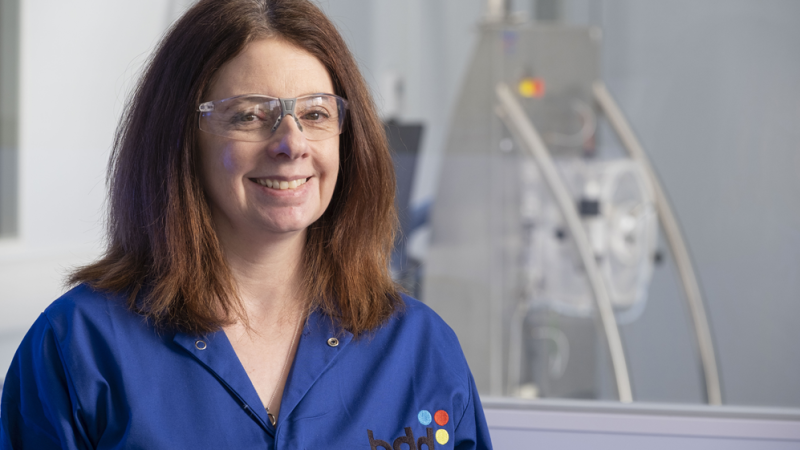Any successful business needs a clear purpose, however, there are not many companies with a purpose as powerful as that of Elekta. A leading innovator in precision radiation therapy, the organisation is driven by one core motivation – to provide hope for everyone dealing with cancer.
With roots dating back to 1972, Elekta was established on the work of neurosurgeon Prof. Lars Leksell, who co-founded the business with son, Laurent Leksell. Over time, the organisation has grown to become the only independent provider of dedicated radiation therapy solutions, with a workforce of more than 4,700 employees worldwide.
“Cancer is incredibly complex in that it is not just one disease, but multiple diseases,” explains Managing Director of Elekta Ltd, Dee Mathieson. “Tackling it effectively requires a number of innovative therapies, with radiotherapy playing a crucial part. It’s clear how important this is when you consider that more than half of all cancer patients worldwide will receive radiation therapy as part of their treatment.
“I’m proud to lead Elekta’s Cornerstone Campus in the UK because it’s a brilliant place where teams of manufacturing, research and development, clinical experts and customer-facing professionals all come together to develop, market and sell the next generation of cancer therapy devices.”
Groundbreaking Technology
The cancer therapy devices that Dee references are linear accelerators. Also known as linacs, these devices use electricity to generate high energy x-rays or electrons, which are used to destroy cancer cells, leaving normal healthy cells as unaffected as possible.

“One of the things I’m particularly proud of is that we’ve earned more than 600 patents in linear accelerator technology over the years,” Dee reveals. “It’s a really innovative space.”
While Elekta’s groundbreaking technology headlines its offering, Dee suggests that the company’s collaborative approach is the more impressive part of its package. In particular, the organisation has gained a reputation for working closely with clinical users to develop its cancer treatment solutions.
“Collaboration is vital,” Dee affirms. “We want our products to help tackle the challenges hospital workers face every day, so we constantly engage with those on the front line of cancer care – from radiographers to medical physicists, doctors to healthcare professionals.”
These long-standing and meaningful partnerships – some of which have lasted over forty years – have been instrumental to Elekta’s success. In exchanging ideas and sharing knowledge with flagship medical facilities like The Royal Marsden in Sutton and The Christie in Manchester, Elekta has gained a much clearer understanding of how its technology can help in practice.
“It’s only when you start working with your clinical and technical partners that you see the whole picture and can then develop something clinically designed for a purpose,” Dee remarks. “By collaborating with people who hear your ideas and translate that into clinical evidence-based use, you can start determining the viability of a technology and its potential impact.
“It’s all about outcome,” Dee adds. “All any cancer patient wants to know is that you are going to get their diagnosis right, use the right treatment, and give them the best chance to recover. An effective way to help ensure this is to collaborate with clinical partners to develop technology that improves care and outcomes.”
Patients are, ultimately, the focus of Elekta’s work. As a former radiographer and medical physicist, Dee helps the organisation maintain a sense of context and perspective in its work.
For instance, Elekta recently developed an iterative reconstruction algorithm designed to improve image quality and dose planning accuracy, allowing clinicians to see tumours and surrounding tissue better. The significance of this kind of technology is not lost on Dee, who can recognise its practical benefits from experience.
“If you’ve treated patients, you really get it,” she says. “You understand why it is important that they don’t lie on an uncomfortable bed for a long time as they receive treatment. Similarly, you understand how a quicker turnaround helps reduce waiting lists. We employ several clinically trained staff, and they know, first-hand, how important it is to develop and deliver more accurate treatment.
“Our work here is very personal, and we have invited former patients to come in and talk about their experience,” Dee continues. “One in two people will get cancer in their lifetime, but it’s a treatable disease with early diagnosis. Most people at Elekta would say that our mission – to give hope to people with cancer – is the reason they work here.”
In line with its mission, Elekta aims to improve access to radiation therapy across the world – especially in underserved markets.
“Care for cancer is very patchy across the globe,” Dee points out. “Global life sciences companies struggle to reach many areas, while trained staff shortages and financial constraints also make effective treatment very difficult. To combat this, we introduced a linac – Elekta Harmony – that gives providers the flexibility to treat the majority of patients on one machine and incorporates user-friendly features that make treatment teams more productive.”
Going forward, Elekta aims to improve the consistency and quality of its solutions, with an emphasis on AI to automate processes and improve workflow for clinicians. Ideally, in the longer-term, Dee would like to see a world where every linear accelerator has the latest imaging capabilities.

“We know exceptional image quality is imperative for diagnosing many pathologies in humans and that is equally true in radiation therapy treatment,” Dee states. “If we can place the beam more accurately, we can treat more cancers with more confidence.”
In 2025, more than fifty years since the company began, Elekta continues to improve the lives of patients and transform the health sector at large. The organisation’s influence does not stop there though. Specifically, Dee, who has worked in the STEM field for over forty years, is playing an active role in encouraging woman to join, and stay, in STEM occupations.
“I have been working with Elekta to champion women in the healthcare sector. It’s something I’m very passionate about,” says Dee. “I have been privileged to mentor a number of younger women, and we have also formed a group to discuss career development opportunities for our next generation of colleagues. There is always more to do in terms of diversity and inclusion, but we feel like we’re capable of making a difference.”






